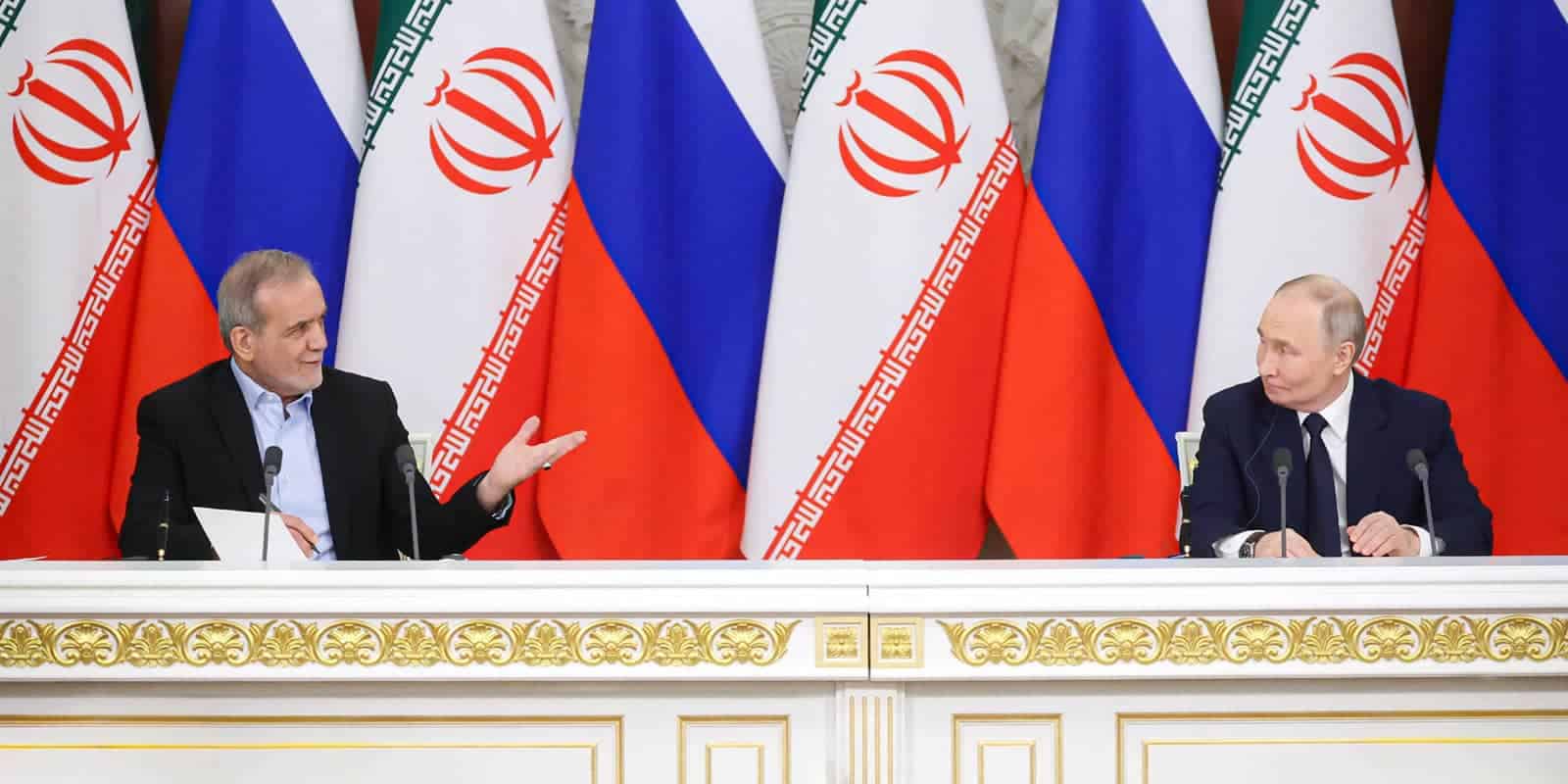
Within every complex system there is a degree of underlying order. But that does not preclude the potential for interactions within that organization to bring about, time after time, the worst possible outcome.
Such may be an apt description of the recent developments in Syria, as the conflict took yet another (down)turn with forces allied to the Assad regime cutting a deal with Kurdish People’s Protection Units (YPG) to deploy to Afrin to help repel a month-long Turkish assault.
Ankara has come under fire for launching the military campaign given that the YPG, as a whole, played a major role in the U.S. –backed Syrian Democratic Forces’ liberation of Islamic State-held Raqqa. The advance of Turkish forces as far east of Manbij would raise the very real prospect of a direct confrontation with American troops stationed in the town. For its part, Washington has likewise been criticized for effectively abandoning YPG fighters west of the Euphrates, instead appearing to back, albeit cautiously, its NATO ally Turkey which views the Kurdish fighters as an offshoot of the banned PKK.
The complexity of the situation is made starker when considering the Syrian government’s previous aversion to the occupation by Kurdish forces of large swaths of territory in the north. While Damascus has long opposed Turkish activities in the same territories, it has taken little tangible recourse to date given its scarce resources.
Russia, as the dominant player in Syria, must have given its blessing for regime-aligned forces to aid the YPG, a move that could pull those Kurds out of the U.S.’ sphere of influence. At the same time, the move is a flip-flop of sorts given Moscow essentially green-lighted the incursion by Turkey, its ostensible partner in the Astana peace process aimed at ending the war.
According to Dr. Jonathan Spyer, a Research Associate at the Jerusalem Institute for Strategic Studies and author of Days of the Fall: A Reporter’s Journey in the Syria and Iraq Wars, the current situation must be analyzed within a new contextual framework that is increasingly defining the Syrian landscape.
“The war in Syria was previously viewed as the sum of two different primary battles; namely, Assad versus the rebels and the world against ISIS. Whereas these major fights have wound down, a whole series of other contests that have little to do with internal Syrian dynamics—but which are nonetheless taking place on Syrian soil—have erupted. In this respect,” he elaborated to The Media Line, “in just the last week we have seen Israel clash with Iran, Turkey target the Kurds and the U.S. engage Russia.”















The IDF’s Learning Curve Following October 7 and Its Global Implications